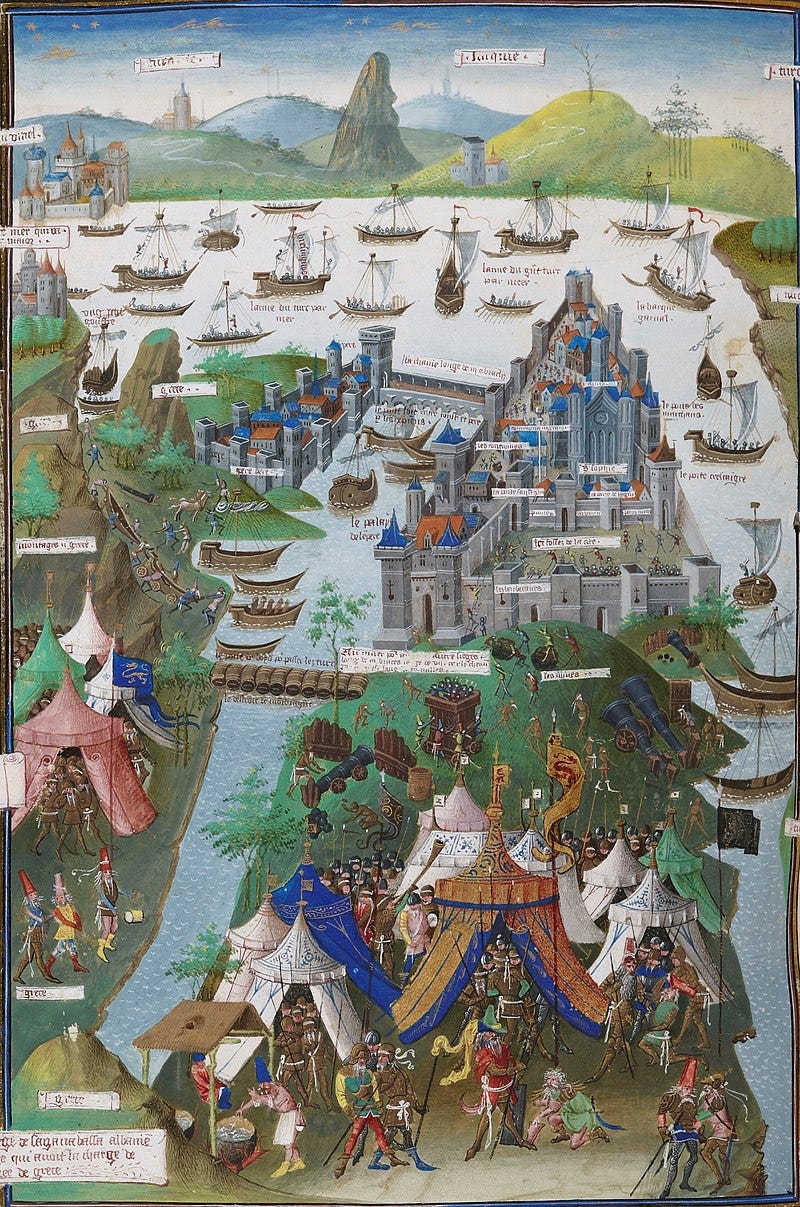How Lord of the Rings Reveals the Roots of Morality
In LOTR, Tolkien exposed something very deep: how the places we come from teach us who we are, and what we believe is right. Read this and ask yourself: if you were born in Mordor, would you be good?
How Lord of the Rings Reveals the Roots of Morality?
They say Tolkien wrote fantasy.
But The Lord of the Rings doesn’t just imagine new worlds, it exposes the moral scaffolding of our own.1 It asks why some cultures value peace, others power. Why one man sees a weapon, while another sees a curse. This isn’t just a tale about orcs and elves. It’s a study in how societies teach us what’s good and how that teaching becomes the marrow in our bones.

Tolkien didn’t write in a vacuum. He built Middle-earth with the insight of a philologist, the instincts of a storyteller, and the memories of a man who saw World War I trenches with his own eyes. What he ended up creating was more than lore or legend. He gave us a model of how morality isn’t just personal, it’s cultural.
Let’s begin in the Shire. Green hills. Slow days. Parties, pipes, second breakfasts. But beneath the coziness is something deeper: a moral code. One that favors simplicity over ambition, community over conquest. The Shire’s entire social structure reflects this. No standing army. Barely any government. And birthdays? You give gifts to others.

That alone tells you what kind of people they are. Hobbits don’t hoard. They don’t seek glory. They seek peace. And when Tolkien says they prefer “well-tilled earth,” he’s showing you more than farmland—he’s showing you a worldview. One that reveres the rhythms of nature and treats harmony as virtue.
Now contrast that with Gondor. White stone towers. Layers of walls. History carved into every step. Here, the culture prizes endurance, hierarchy, and honor. It isn’t just about defending against evil; it’s about preserving a legacy. A steward rules in place of a king. Even in absence, the idea of authority remains sacred.
That sacredness bleeds into Gondor’s morality. To be virtuous here is to be dutiful. To serve. To fight. You don’t just honor your ancestors with words; you wear their armor. Literally. Think of Denethor: draped in mail, gripping a sword, though he never sees battle. It's performance, but it’s not hollow. It is cultural ritual made flesh.
Continue reading below …




